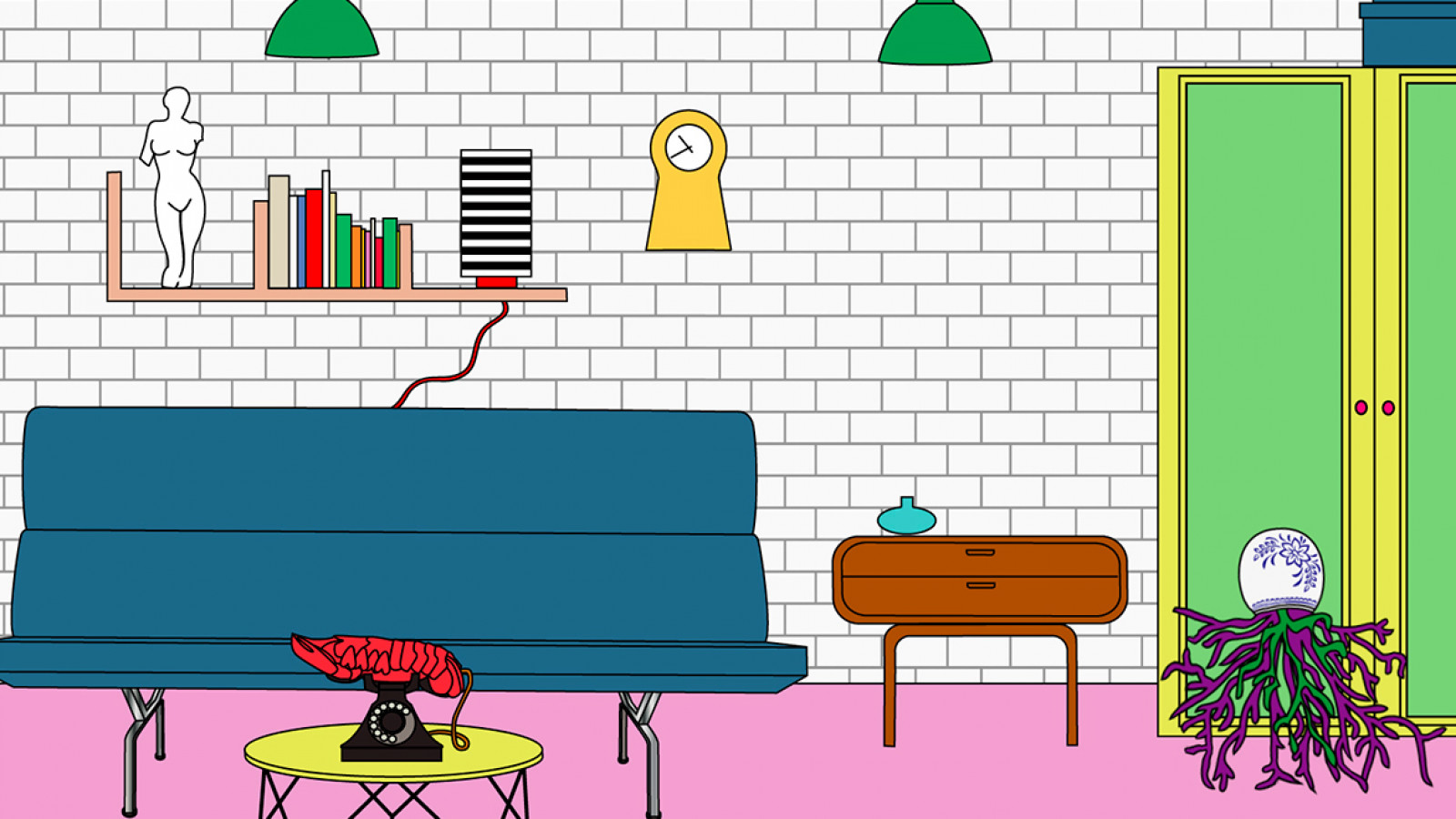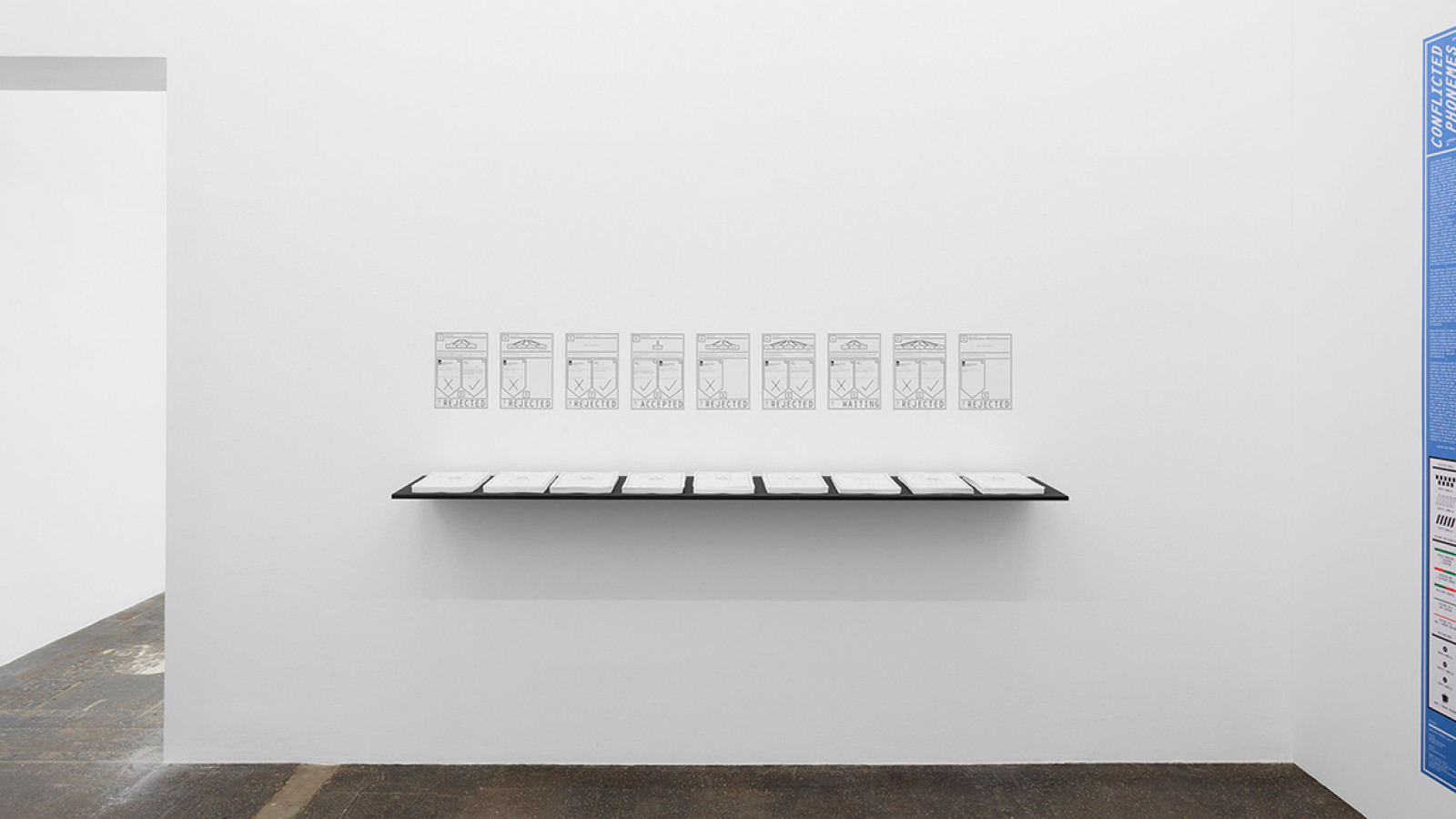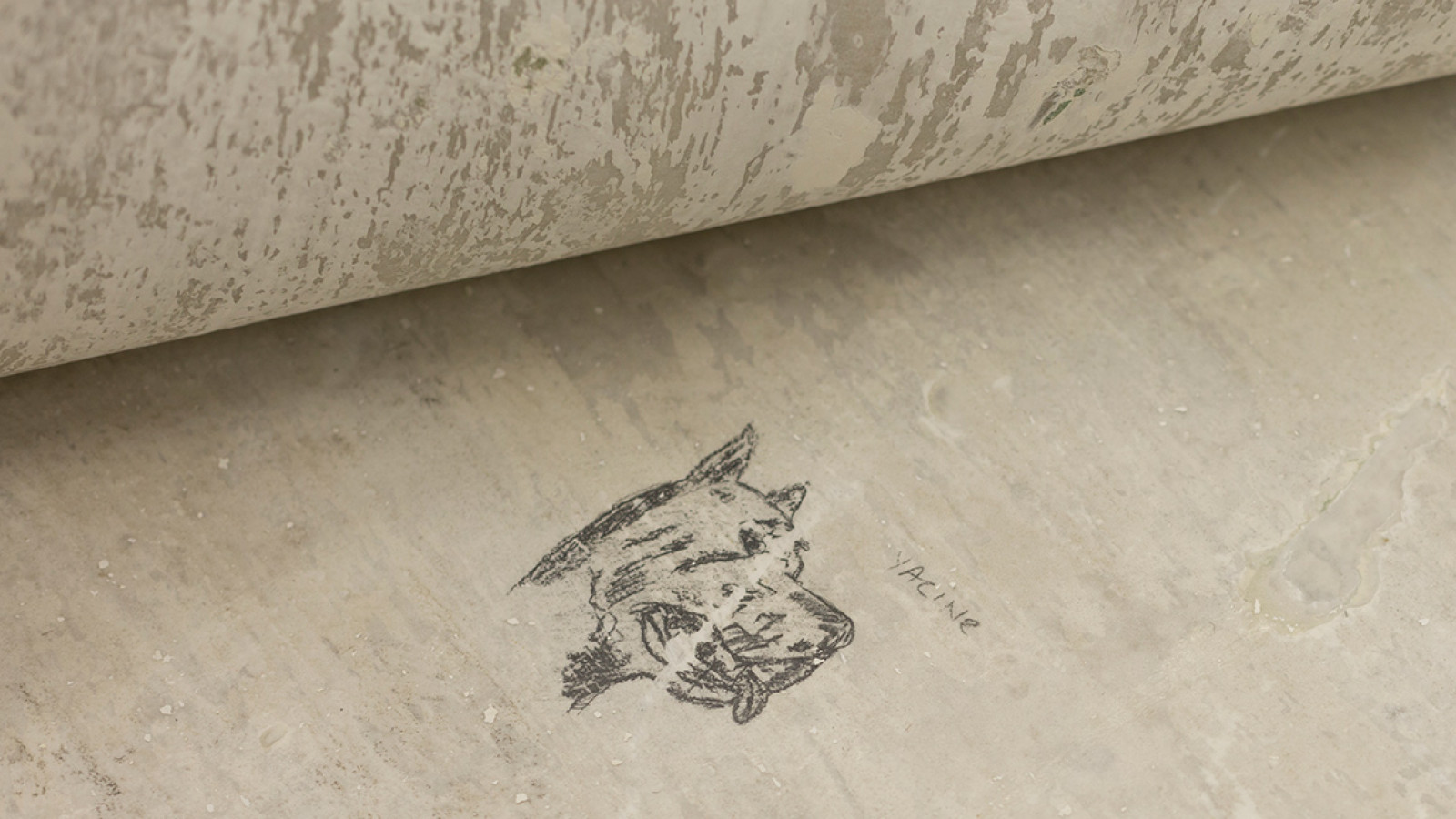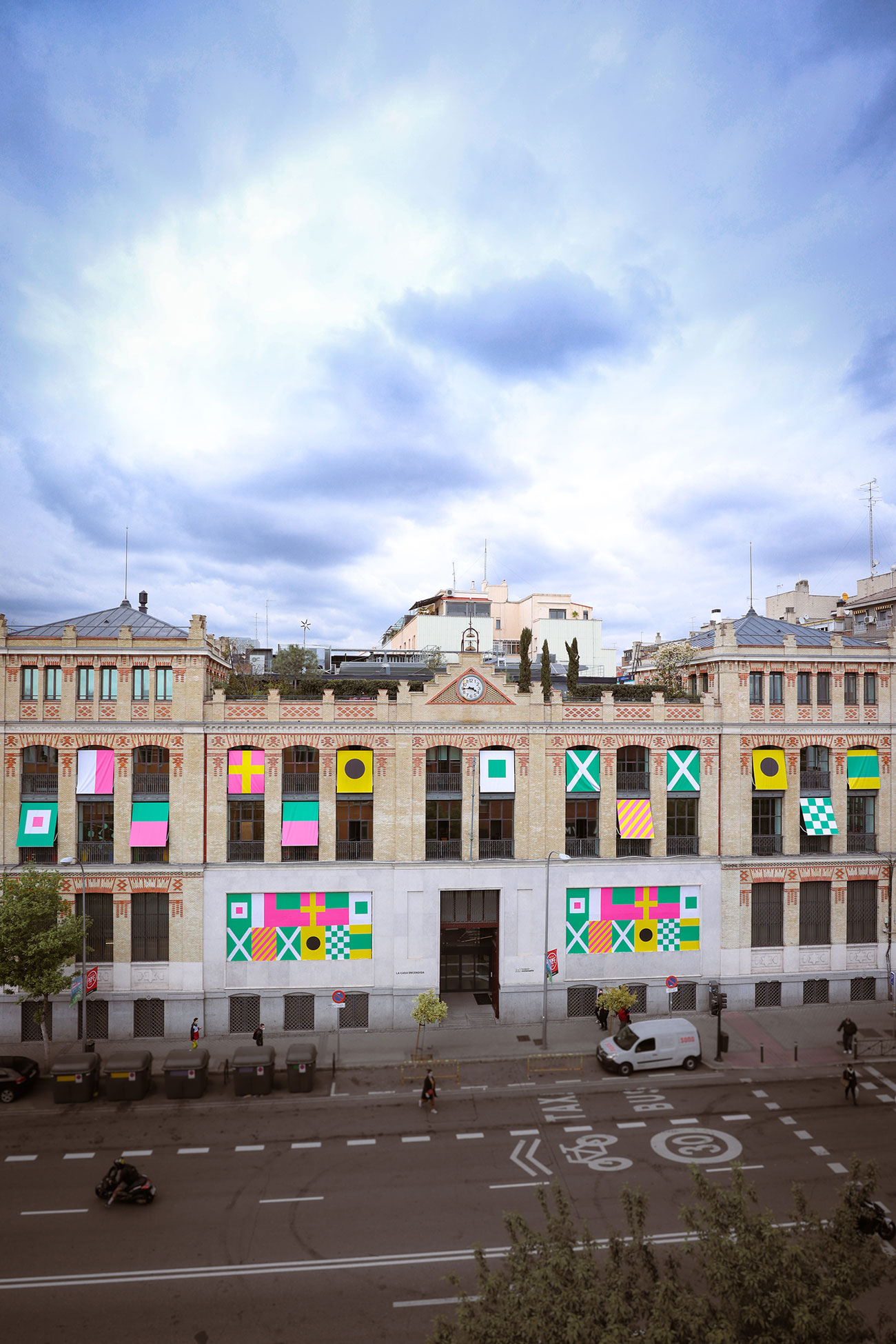Inéditos 2018
La Casa Encendida of Fundación Montemadrid presents Inéditos, featuring three exhibition projects by young curators under the age of 35 (Lorena Saura Cuenca, Rafael Barber Cortell, and Ali A. Maderuelo/Julia Castelló), winners of the Inéditos 2018 competition.
Inéditos is one of the few programmes that exist in Spain to help young curators to find their footing in the professional art world by offering the competition winners the chance to produce their first exhibition and publish an accompanying catalogue. During the course of the previous 17 editions, La Casa Encendida has supported more than 50 emerging curators and contributed to the dissemination of their work.
Inéditos has featured artists, researchers, educators, managers, cultural producers and freelance curators who have since carved out reputations for themselves on both the national and international scenes. Such is the case of Juan Canela, Emma Brasó, Ángel Calvo Ulloa, Luisa Espino, Irina Mutt, Neme Arranz and Roberto Vidal.
The three exhibitions by the winning projects in this year's edition are as follows:
Cuerpos que aparecen. Performance y feminismos en el tardofranquismo. Curator: Lorena Saura Cuenca (Madrid 1989). Room C
Based on the research which Maite Garbayo presents in her book Cuerpos que aparecen. Performance y feminismos en el tardofranquismo, this exhibition focuses on some of the artistic manifestations that occurred in Spain in late 1960s outside official circles. As the author notes, it examines, “the use of corporal strategies to propose new images, new presences, new re-presentations. Strategies that make it possible to forge new places from which to propose the unthinkable in others. Strategies for constructing the body and subjectivity in spaces marked by censorship and obligatory silence.”
The show revisits these practices through names like Nazario, Gonçal Sobrer, Pepe Espaliú, José Pérez Ocaña, Costus, Juan Hidalgo, Ángels Ribé, Fina Miralles and Esther Ferrer who explored the meaning of the body through performance but whose work most of the general public and critics failed to recognise at the time, during the latter days of the Franco regime and the beginning of the transition to democracy. The aim of this exhibition is to showcase some of those actions and representations and cast a new light on the historiography of the contemporary art from that period in Spain.
Regreso al futuro. Curator: Rafael Barber Cortell (Valencia, 1985). Room B
On 4 February 1986, a few days late because of the commotion surrounding the explosion of the space shuttle Challenger on live TV, Ronald Reagan gave the habitual State of the Union address. Speaking directly to young people, Reagan referred to the call of the future as something too strong to be wasted on a life of apathy. To the audience's surprise, he then went on to quote the closing words of that year's highest grossing film, Back to the Future: "Roads? Where we're going, we don't need roads."
Apart from touching on works that have imagined other futures far from the immediate present, this exhibition proposal explores the genealogies that have helped to construct a canonical, collective future. But Back to the Future doesn't seek alternatives in Utopia or science fiction, which according to Fredric Jameson are the scenarios that have delimited a history of the future. This project aims to look to the past and dismantle that motor of explosion called the future that once energised a certain worldview but has now become obsolete. It features works by the artists Ibon Aranberri, Iván Argote, Hanna Black, Ludovica Carbotta, Eva Fábregas and Luis López Carrasco.
No puede hablar por sí mismo [Can´t Speak for Itself]. Curators: Ali A. Maderuelo (Valencia, 1993) and Julia Castelló (Valencia, 1992). Room A
Can’t Speak for Itself examines the need to expand the limits of documentaries beyond the boundaries of images, using sound, performance, handwriting, textiles and the written word as references. The show brings together a group of artists whose practice narrates, in unorthodox ways, essential aspects of contemporary reality and the facts and events that form part of that reality.
Its aims are twofold: to ask new questions about the artforms associated with the idea of the documentary at this moment in time when we are gradually losing faith in this model of representation; and to explore the relationship between facts and fiction or the changing role of documentary forms in the contemporary age. Accordingly, the featured artists work in different disciplines, bringing perspectives from the fields of audio, performance, theatre, singing, textiles and digital archives. The show includes work by Mario Santamaría, Lawrence Abu Hamdan, Tamara Kuselman, Niño de Elche (Francisco Conteras), Patricia Gómez and M.ª Jesús González.



